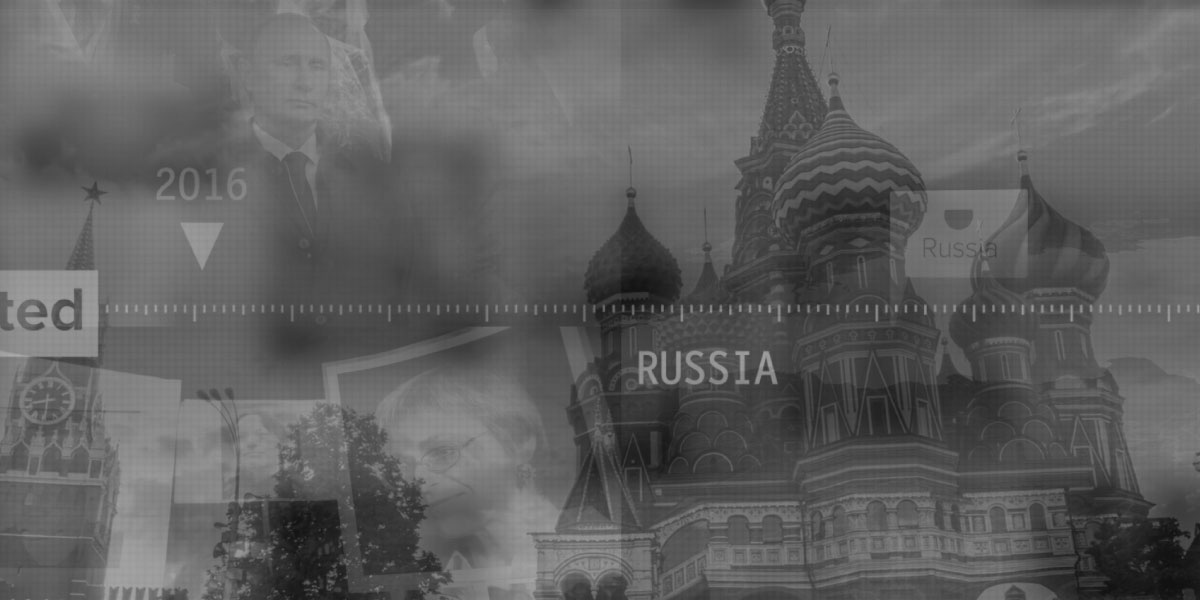

Why press freedom matters: The case of Evan Gershkovich
Ellie Blanchard
On March 29, 2023, Wall Street Journal reporter Evan Gershkovich was working on an assignment in Russia when he was accused of espionage and arrested. More than a year later, Gershkovich is still wrongfully detained, despite his and the U.S. government’s denial of Russia’s allegations.
This high-profile case highlights the necessity of a free press. Without the standards-based reporting press freedoms enable, we risk the spread of misinformation, disinformation and declining trust in institutions. Paul Beckett, an assistant editor at the Journal who is also responsible for their efforts to secure Gershkovich’s release, recently joined the News Literacy Project to discuss the case. Here are some key takeaways from our conversation with him:
The effect on reporting in Russia
Concerned for their safety, most reporters from the United States left Russia after Gershkovich was detained. “Russia is now being covered by most of the major U.S. news organizations from Berlin, from Warsaw, from Dubai, from London,” Beckett said. Independent Russian journalists also fled the country, contributing further to a lack of trustworthy news coming from inside the country.
“We know there is no substitute for being on the ground and writing about what you are seeing.”
Recognizing reliable journalism
When journalists are not allowed to do their duty as truth-tellers, it becomes even more important for individuals to be able to recognize signs of credible reports. As a starting point, Beckett suggests looking for multiple sides to a story. Consider whether the information you see includes various angles that represent multiple stakeholders.
“You want to think you’ve heard from everybody. And if you haven’t heard from everybody, you have to ask yourself, ‘Why not?’”
How to support Gershkovich
As Beckett’s team and the U.S. government continue to work toward Gershkovich’s release, you can support their efforts. Beckett encourages sharing Gershkovich’s name widely. “If people talk about him, think about him, mention his name, talk about him over dinner, I just think all of it makes a difference,” he said. You can also show your support more directly by visiting wsj.com/evan for updates and resources, including how to send Gershkovich a letter of support in Moscow.
“That he’s not forgotten is very important in a practical sense for our ongoing efforts.”
🌱 For the classroom
Educators: To seamlessly incorporate discussions of Evan Gershkovich and press freedoms into your classroom, start with our free “Misinfo 101” course on the Checkology® virtual classroom. This preset sequence of lessons will help students identify and debunk misinformation. Checkology also includes a “Press Freedoms Around the World” lesson, which explores the state of press freedoms in 22 nations.
